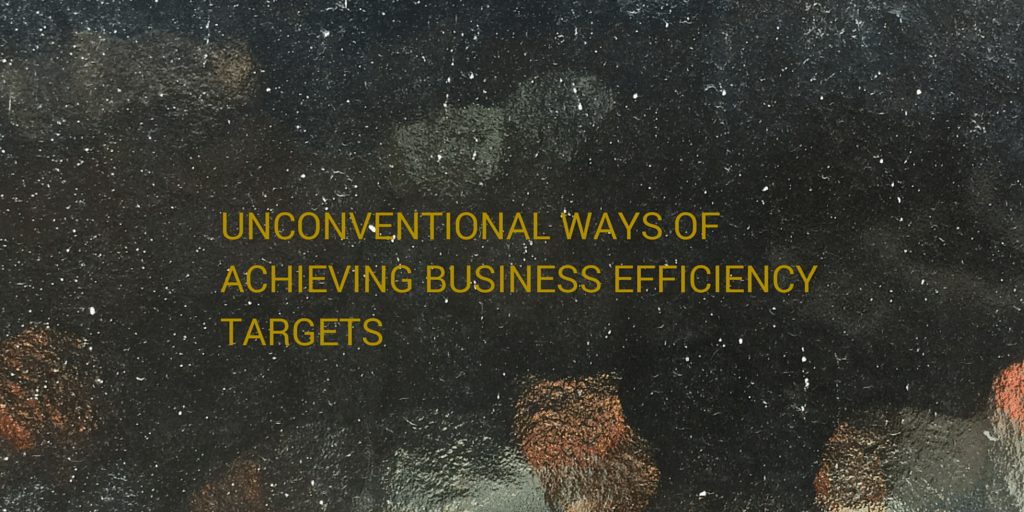Large businesses seeking to boost productivity, increase profit, and reduce costs, need to streamline their processes and discover new ways to become more efficient. Typical methods might include a focus on keeping waste to a minimum, looking towards low-cost methods of marketing such as social media, and paying close attention to workflow so that orders and other processes are as fast as possible.
But there are other, less conventional, means, for big organisations to derive greater business efficiency…
Licensing Visibility
When a company has hundreds, if not thousands of staff, spread over multiple sites in different countries, it can be extremely difficult to know which software is being used, where, and to what extent. Global firms could potentially be wasting millions on renewing unnecessary software licenses without knowing what return they are getting for it. Solutions for this kind of problem are available from providers such as 1E that give businesses far greater insight into the level of activity on a piece of software, and so enable them to make significant savings.
Sustainability Measures
Today’s switched-on consumer expects the companies they use to take action on the environment. Indeed many within an organisation will share similar values and want to be seen taking a lead on introducing eco-friendly initiatives. And the other major incentive is of course that in many instances, implementing sustainability measures can save the business money, potentially substantial amounts. Ideas could range from the small-scale: replacing light bulbs as they wear out with low-energy version; turning down the thermostat a notch, or asking staff to print on both sides of paper. Or they could be large-scale, requiring commitment and investment before they pay off, such as installing solar panels on flat roofs of the business premises, or bringing in newer, more fuel-efficient vehicles to the company fleet.
Virtual Offices
Businesses that work in the same industry tend to congregate around each other – looking purely at London for example, we see finance in Canary Wharf, legal firms in Temple, technology firms around East London and Shoreditch (Silicon City). Naturally then, an address amongst other big names carries with it inherent prestige. Yet the costs of renting business premises in certain parts of the world can be huge, and not only that, staff will often need financial assistance with commuting. This explains the massive rise in recent years of virtual offices, where a business can simply rent a correspondence address, and not actually base any staff there physically. A set monthly fee gets post-handling and forwarding, telephone message taking, and availability of meeting-rooms for hire when necessary. For large organisations needing a presence in a lot of cities, this kind of satellite office makes good sense.
Deliberate Inefficiency
Although it may sound counter-productive, deliberately giving staff time to waste has been shown to deliver results. The search giant Google is known for providing break-out areas and downtime for employees which allows them to ballpark rough ideas they may have, perhaps throwing concepts around while relaxing on beanbags or playing a game of table tennis, but many of the off-the-wall ideas that come from this type of brainstorming will eventually translate into innovative new products and revenue streams years in the future. Similarly, research has indicated that allowing employees to browse the web can boost their attention span, reduce stress and help them make better work decisions.
Culling Customers
Another decidedly odd approach on first glance is to reduce the number of customers the business has. But actually, working to identify those demanding accounts that absorb the most resources (specifically in terms of staff time) yet produce the least amount of actual profit, can significantly increase efficiency.
Remote Working
Technological advances and shifts in perception mean that more and more companies are enabling, encouraging even, certain employees to work off-site. Not only does this reduce the cost involved for premises – less space needed, fewer desks, less energy consumed, but it can also increase job satisfaction and productivity. The tools available include video conferencing, issuing staff with tablets or other smart devices so that they can work anywhere, and Cloud technology so people can collaborate from different time zones on the same project, utilising in-house business applications, with no difficulty.

